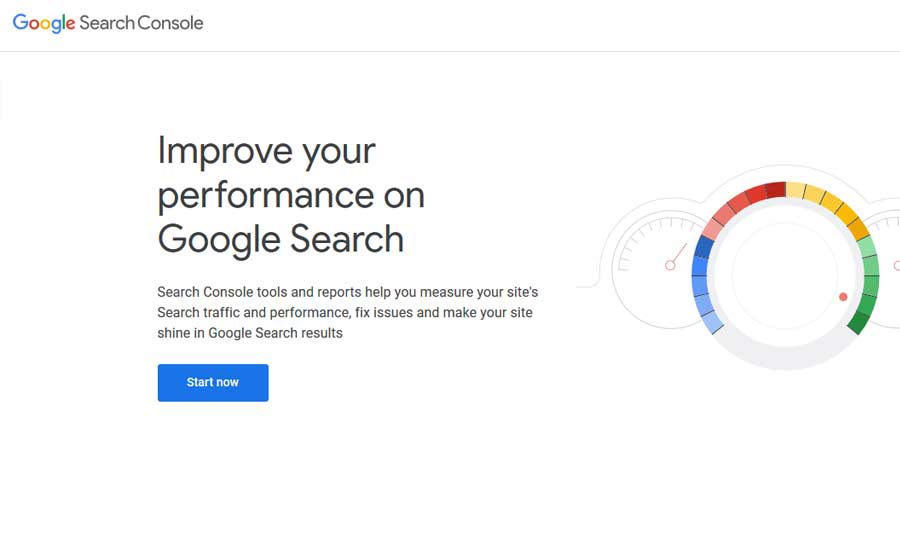“All work and no play makes Jack a dull boy.”
This is exactly the justification we all need when it comes to rewarding our hard work. As natural as it is to have our focus on what we consider to be fun, at times neglecting the initial effort can prove to be dangerous.
Moreover, getting caught up with content creation, blogging, and social media can take away the attention from the optimization a website needs in order to breathe.
Website optimization tools have flooded the digital marketing market for a reason. Being aware of the ways you can turn a great website into a well-performing one can make an actual difference in terms of conversions and web traffic.
This is why we have collected the 7 website optimization tools that everyone needs in 2018.
Top 7 Website Optimization Tools
When it comes to website optimization tools, it’s incredibly difficult to find honest and unbiased recommendations. As most of the tools themselves apply marketing strategies to promote their products, many rankings are done with the aim of self-promotion.
Furthermore, the subjectivity factor of the individual needs and expectations in these tools doesn’t allow for a universal list of the best-performing ones.
Despite this, it’s still worth sharing a quick review of the website optimization tools that the web hosting experts at AwardSpace recommend for your and your website’s wellbeing.
Here’s the full list of the 7 website optimization tools you DEFINITELY need in 2018:
1. Yoast SEO
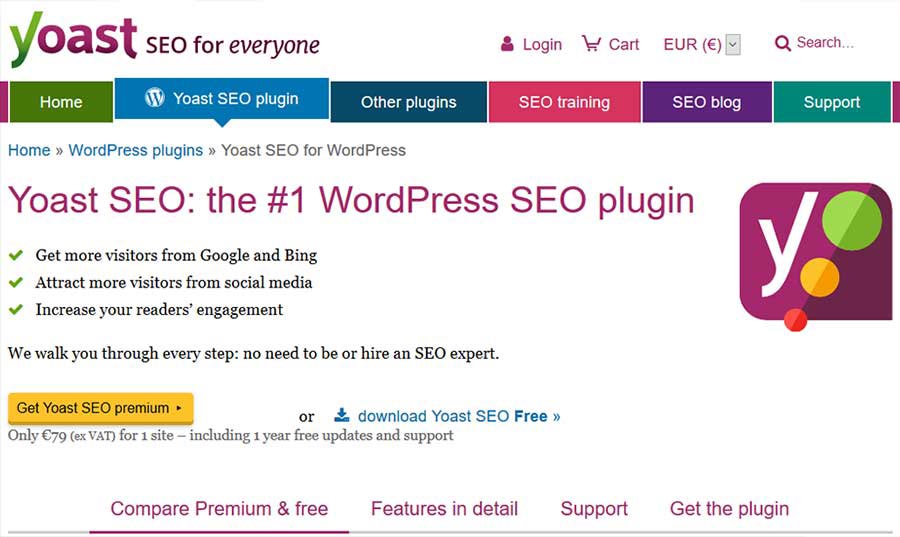
The Yoast SEO Plugin has proved over the years to be one of the most useful plugins you can have in your toolbox. Not only does it offer a completely free version but it also provides one of the most comprehensive overviews of your on-page SEO.
The free plugin allows you to:
- optimize for 1 keyword
- Google preview your page
- check your readability
- control your breadcrumbs
- avoid duplicate content
All of these features allow users to navigate through their own content with much more confidence in its optimization. Of course, if you find the listed ones insufficient for your individual needs, you can always update to a Premium version unlocking a windfall of unexpected characteristics.
2. Google Search Console
Developed by Google, Search Console essentially measures search traffic and performance. Through its plethora of provided reports and tools, users are able to detect and fix any issues your website may stumble upon. These help websites improve their ranking and, as Google puts it, shine in Google Search results.
The tool allows you to:
- optimize your content with Search Analytics
- get your content on Google
- get alerts on issues and fix them as you go
- understand how Google Search sees your pages
3. Moz
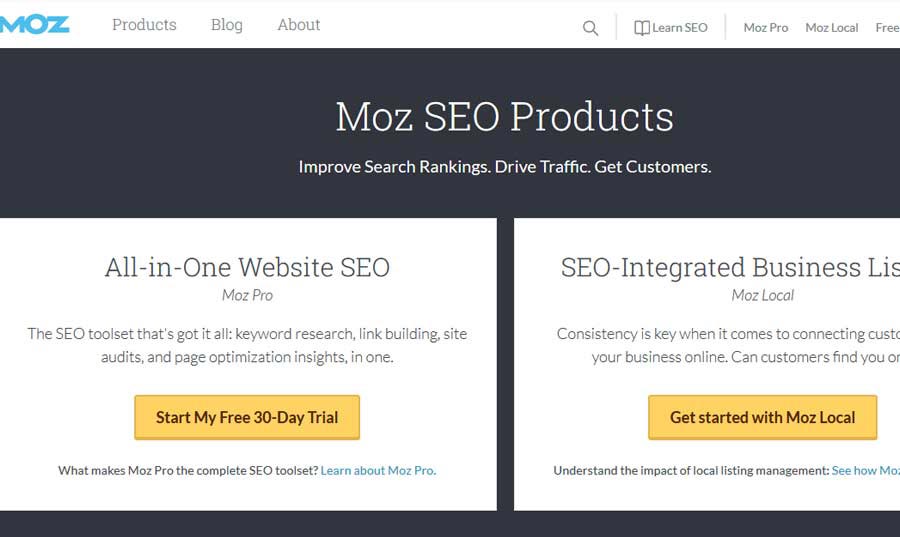
Moz has one of the richest ranges of website optimization tools to offer to the internet. The most prominent ones include:
- Keyword Explorer. This tool is available as both, a free version and a paid one. Generally, it allows users to discover, prioritize, and analyze keywords. With a 30-day free trial, you can import, export, and create keyword lists using the tool.
- Link Explorer. The explorer provides robust data on link analysis, competitive research, and link-building tools. It is also available for a free 30-day trial.
- Moz Bar. This is extremely well-known to all SEO marketers Chrome extension, allows users to examine and analyze search, social, and page metrics of any site they visit for free.
4. Ahrefs
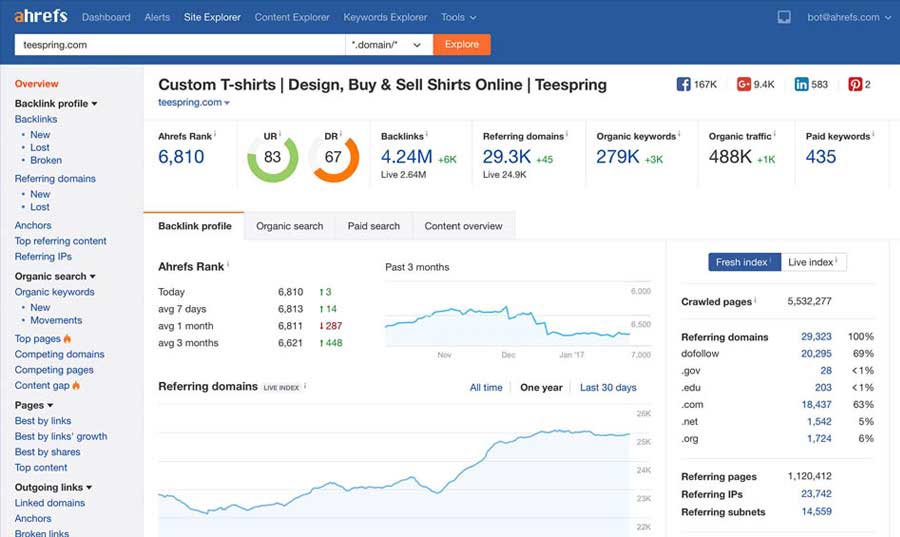
Ahrefs offers tools to grow your search traffic, research your competitors and monitor your niche. These three components build what turns out to be one of the most used website optimization tools out there. Some of the tools included in Ahrefs are:
- organic search reports
- keyword explorer
- backlink data
- content explorer
- rank tracker
- backlink alerts
Powered by an abundant amount of data, Ahrefs manages to provide a full image of your website, your competitor websites’, and your industry’s performance values.
5. GTMetrix
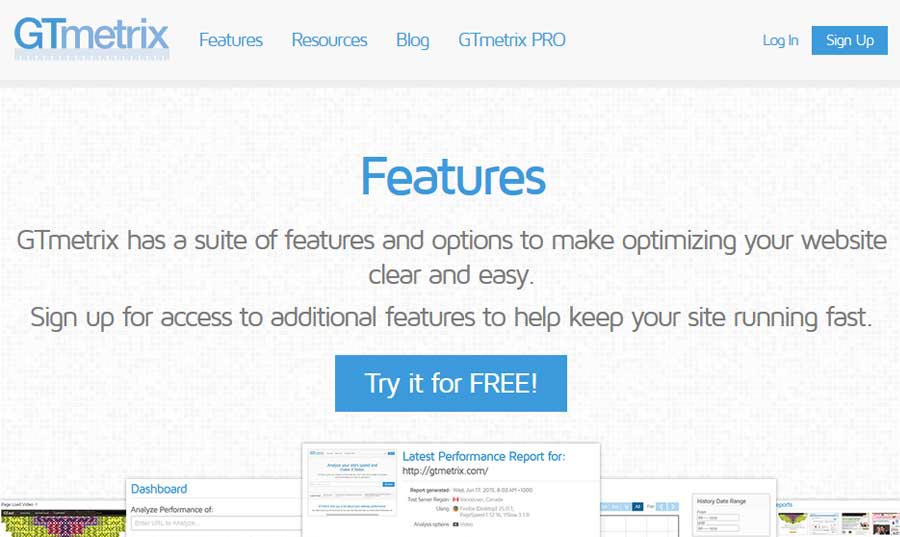
GTMetrix is the head name including a number of smaller tools helping users optimize their websites through the use of performance reports and analysis.
The reports provide a full picture of a website’s speed combined with actionable recommendations on how to optimize it.
Key features include:
- PageSpeed and YSlow scores and Recommendations
- Page Load Details
- Various Analysis Options
- Waterfall, Video and Report History
6. SEMrush
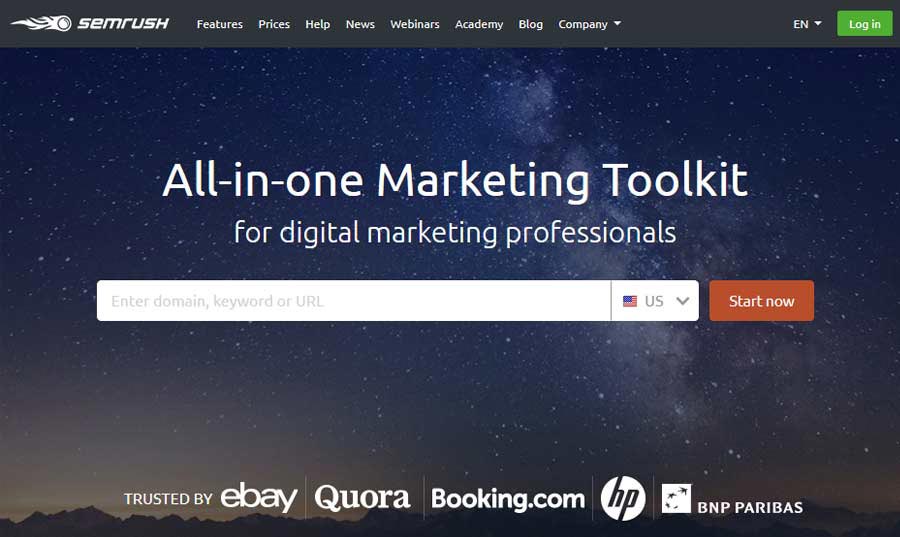
We’ve arrived at one of our personal favorites, SEMrush. It’s hard not to be partial when it comes to the tool that your company loves and uses daily. Anyway, objectively speaking, SEMrush provides a complete SEO audit of your website’s performance. This includes Analytics reports of:
- organic research
- advertising research
- display advertising
- backlinks
- keyword research
- product listing ads
7. Ubersuggest
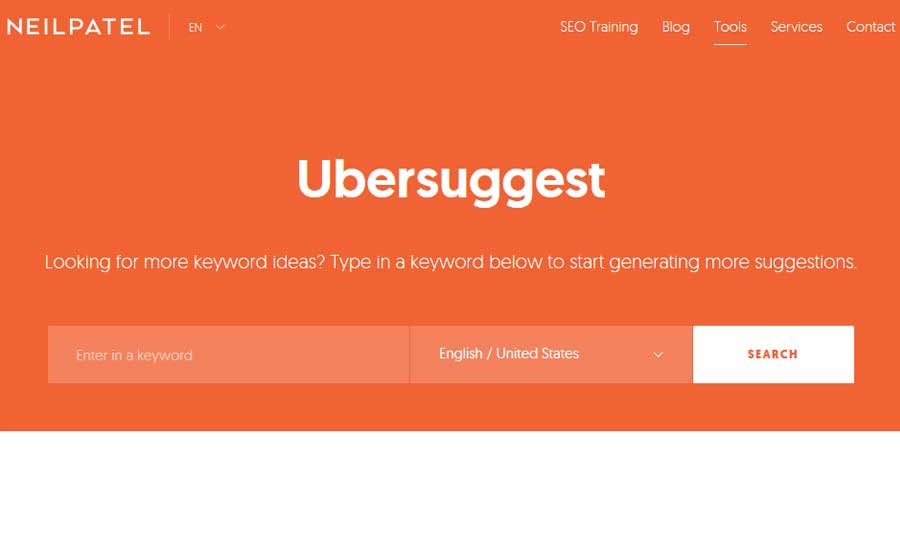
Neil Patel’s Ubersuggest is one of their most advertised tools of his. He has been mentioning it in almost every single blog post he writes and that’s for a reason. The tool offers a keyword overview for almost every possible language and helps in the keyword generation process. This applies to both beginners and professionals.
Keyword suggestion and competition are among the top features the tool incorporates to provide a free research opportunity to web creators.
In Conclusion
There are an incredible amount of website optimization tools aiming to help beginning web creators kick-start their work. Nevertheless, all of these provide a templated recommendation for a general set of rules that may apply to your own website or may simply not.
Educating yourself in the digital marketing basics will allow you to make the most out of tools like this while still being able to improvise accordingly. Applying actionable advice means going through a complete analysis of your SEO efforts so far and understanding the reports’ limits.
This is why when an educated web creator enters the industry he is able to make rational judgments and create unique websites that perform better than any tool can do. Keep this in mind as you grow. Meanwhile, a website optimization tool can go a long way.

